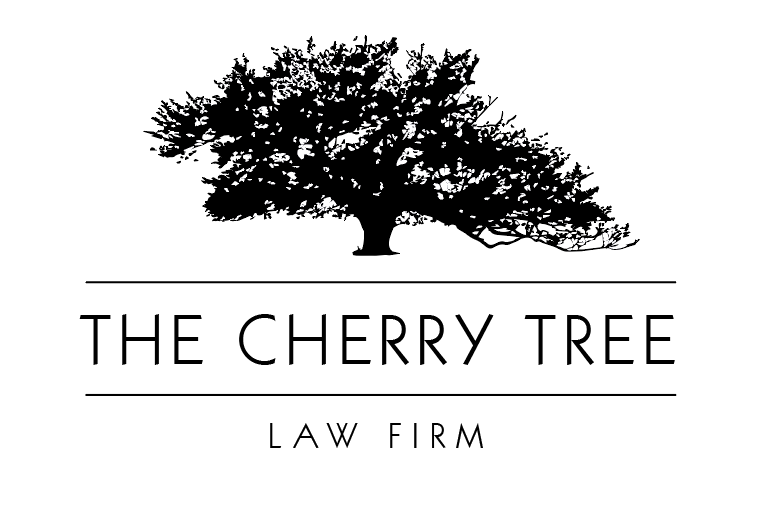There has been a lot to read lately about Brittney Spears. Many people are now concerned that they could be subjected to an unwanted guardianship or conservatorship. Well, for better or worse, most of us do not have the issues of fame, fortune or outrageous talent to deal with. (Well maybe not the last one 😉 But we are left to ask, what protects us from unscrupulous elements?
Oregon law has many built-in safeguards and neither guardianships nor conservatorships are easy to obtain. Note, unlike California, which has conservatorship of the person, in Oregon we have:
** Guardianships – the care and custody of a person; and
** Conservatorships- the care and custody of a person’s assets.
To obtain guardianship, in Oregon, a person, with the help of their attorney, must file a petition with the court demonstrating three main point:
- That the proposed person to be protected is incapacitated under Oregon Revised Statute 125.005. Incapacity can mean that a person is impaired to the extent they lack the capacity to care for their own basic needs and are likely to sustain serious physical illness or injury. Basic needs include: providing their own health care, food, shelter, clothing, or personal hygiene.
- The guardianship must be necessary to the well being of the proposed protected person, ORS 125.305. A person who is managing without a guardianship may not need one even if they are technically incapacitated. A guardianship must be necessary to provide care or supervision that promotes and protects the person’s well-being.
- The petitioner must be suitable 125.305. Even if a person is proven incapacitated and is in need of a guardian, the petitioner must established that they are the right person for the job.
After the petition is filed with the court, a copy of it must be served on the proposed protected person. The packet will include a blue piece of paper for objections and detail how the proposed protected person can object to the proceeding. This can be as simple as a phone call.
The proposed protected person is then contacted by a “court visitor” someone who reports their observation directly to the judge. The court visitor will also ask the proposed protected person if they object to the guardianship and if so, will note that on the report. The court visitor will also contact others involved and interview the petitioner.
If any objections are noted, the court will hold a hearing and the proposed protected person will promptly get their day in court. If there are no objections at that time, the proposed protected person, or any concerned individual may still notify the court at any time of concerns with the guardianship and request a hearing.
So, although the process is not without flaws, it is also not without protections. To learn more about guardianships in a particular case, it is a good idea, as Brittney too has learned, to hire or to speak with your own attorney.




